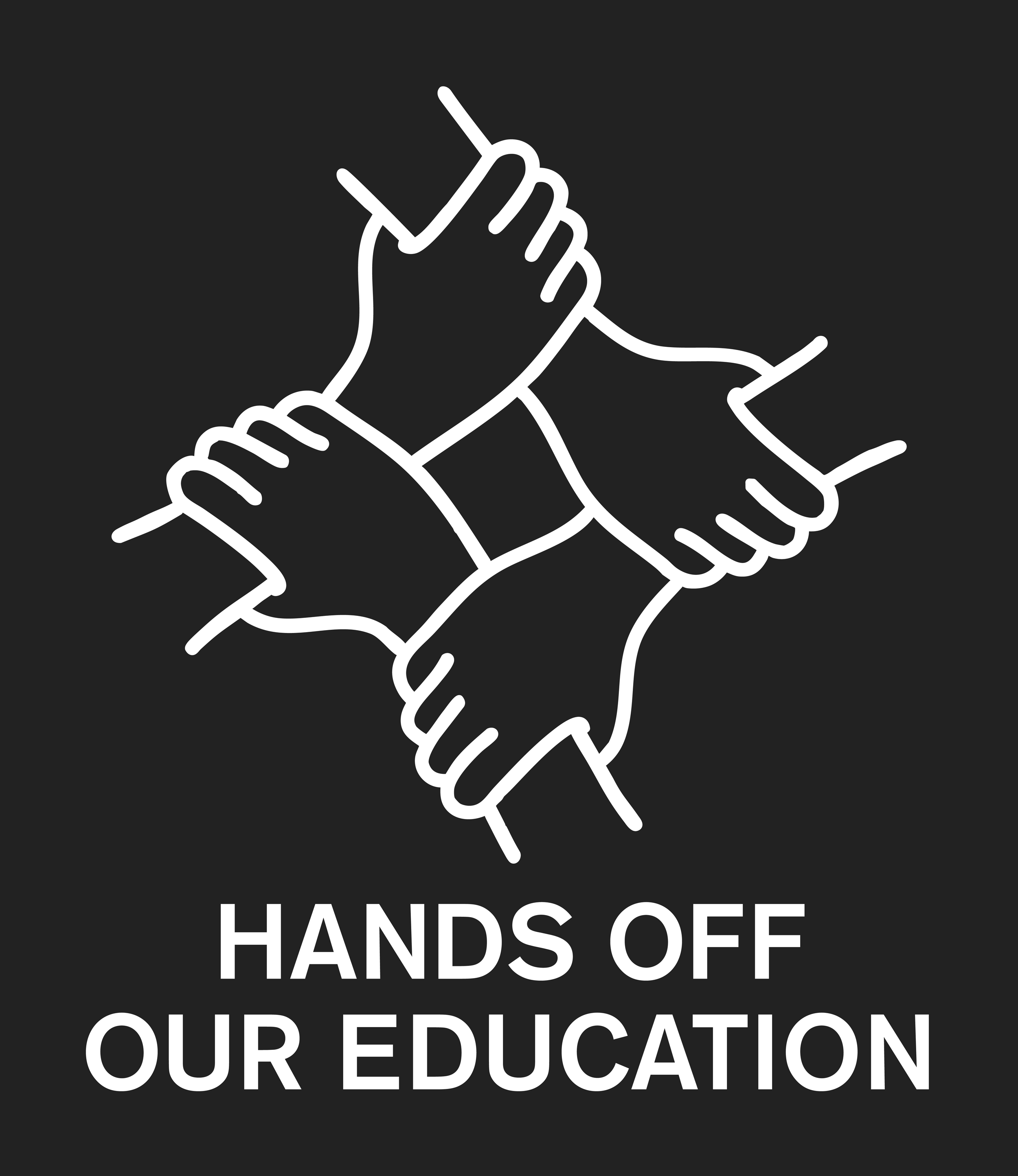
The Universities of The Netherlands (UNL) have offered to prohibit a number of educational programs from being taught in English in their proposal to the Minister of Education. Psychology programs are the main target of the proposal: UNL has proposed to discontinue all international Bachelor programs in psychology at the University of Amsterdam, the Free University of Amsterdam, Erasmus University Rotterdam, Tilburg University, and Leiden University.
We oppose the UNL proposal because we believe that international education is a crucial pillar supporting the high status of Dutch academia and science. Sacrificing international Bachelor programs would be detrimental to the quality of education and research in Dutch psychology.
Both international and Dutch students profit from international education. Dutch students benefit from English tracks because these improve their language skills, expand their views, and let them engage with the latest scientific developments in the Lingua Franca of science. International students gain access to excellent educational programs that may not be available to them otherwise. The international classroom connects students from different countries and backgrounds, creating mutual understanding and lasting bonds among future generations.
International Bachelor's programs are also essential to the research programs in psychology. They enable Dutch universities to attract the best international researchers to help educate the next generation and to conduct the pioneering research that has made Dutch psychology internationally renowned. Discontinuing the English track would, therefore, lead to a devastating loss of international talent.
In addition to contributing to mental health professions, psychology plays a vital role in diverse domains such as research, recruitment, neuroscience, data science, public policy, artificial intelligence, the promotion of healthy and sustainable behaviours, the development of effective classroom teaching methods, and many others. From climate change and the obesity pandemic to polarisation, most major problems of our time have human behaviour at their nexus. A better understanding of human behaviour and the mechanisms of behaviour change is essential to tackle such problems, and society should, therefore, foster excellent academic research capable of generating actionable solutions.
The UNL proposal is unjust, misdirected, and naïve. It is unjust because it disproportionately affects psychology, effectively placing the entire burden of the language barrier on one discipline. It is misdirected because it targets the wrong variable by erecting a language barrier instead of directly limiting the inflow of international students. A language barrier is not needed because Dutch universities can implement a numerus fixus on their English tracks to limit the number of international students. Finally, the strategic choice made by UNL is naïve because it is unlikely that the forces pushing for the discontinuation of international programs will be satisfied once psychology has been reverted to Dutch. This proposal sets a dangerous precedent, as it increases the likelihood that this or future governments will impose further language barriers on other programs. The current proposal thus weakens UNL’s position to resist further demands.
International education, facilitated by English-language tracks, is a major asset of the Dutch system, and the academic contributions of our international staff and students should be cherished. UNL should retract this proposal, stand up for the international orientation of Dutch universities, and defend the right of universities to offer education in English.
- Virág Nyisztor, student, University of Amsterdam, Amsterdam
- Eiko Fried, Associate Professor, Leiden University, Leiden
- Merel Kindt, Professor of Psychology, University of Amsterdam, Amsterdam
- Julia Zijlstra, Student, University of Amsterdam, Amsterdam
- Ilinca Zavulan, Student, University of Amsterdam, Amsterdam
- Sabina Ministeru, Student, Univeristy of Amsterdam, Amsterdam
- Zsuzsika Sjoerds, Associate Professor, Leiden University, Leiden
- Maria Falbo, Student, University of Amsterdam, Amsterdam
- Anne Roefs, Professor psychology and Neuroscience of Abnormal Eating, Maastricht University, Maastricht
- Felipe Maschio e Silva, Amsterdam
- Mercedes Lozano, Heeten
- Serena Martini, Student, University of Amsterdam, Amsterdam
- Mario Carlo Severo, Postdoctoral researcher & lecturer, Leiden University, Leiden
- Kim de Jong, Assistant professor, Leiden University, Leiden
- Denny Borsboom, Professor of Psychological Methods, University of Amsterdam, Amsterdam
- Jeroen Timmerman, Student, University of Amsterdam, Amsterdam
- Maartje Raijmakers, Professor of Psychology, University of Amsterdam, Amsterdam
- Katarina Jauković, Student, University of Amsterdam
- Willem van der Does, Professor of clinical psychology, Leiden University, Leiden
- Lucija Soric, Student, Leiden University, Leiden
2,982 more
verified signatures
- Christian Lochner, Director Support & Implementation, Digital Science, Amsterdam
- john van der kamp, UHD, VU
- Rafael Binnenmarsch, student, Tilburg University, Tilburg
- Annabeth Groenman, Universitair docent, Uva, Amsterdam
- tycho dekkers, GZ psycholoog, Amsterdam
- Susanne Schulz, Assistant professor, Universiteit van Amsterdam
- Marijn Nijboer, Klinisch psycholoog, Accare, Groningen
- Eva Mulder, Eefde
- Patty Leijten, Associate Professor, University of Amsterdam
- Niklas Kors, Student, University of Amsterdam, Amsterdam
- Rein Mulder, Acteur, Amsterdam
- Martyn Mulder, Wiskundige, Amsterdam
- Emmy van Boven, Promovenda, VU Amsterdam, Amsterdam
- Sander van Lanen, Universitair student, Rijksuniversiteit Groningen, Groningen
- Jurgen Tijms, Sen. onderzoeker, AW RBC, Amsterdam
- Marthe Ford, Assistant professor / clinical neuropsychologist, University of Amsterdam, Amsterdam
- Anouk van Dijk, Universitair docent, University of Amsterdam, Amsterdam
- Arbi Ngjelina, Student, VU, Amsterdam
- Jesse schouten, Techneut, Alkmaar
- M van Overveldt, Taalcoach, Vluchtelingenwerk, Leiden
and sign it together